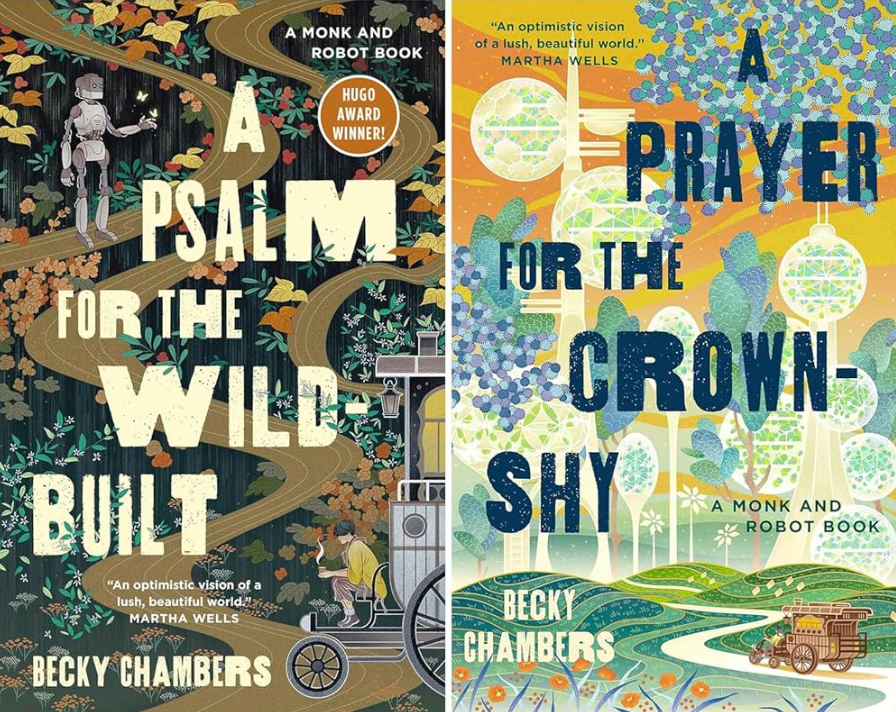The Decline of the Humanities in Modern Society
- Afrah Fatima
- Sep 14, 2025
- 4 min read
by Afrah Fatima
“The English major is a dying breed,” were words I knew to be true deep down, but hearing them being spoken at 10:30 in the morning by my professor, a person far wiser than I, struck me. I think this is something we all know—the humanities are a dying field, yet we walk nonchalantly and tell everyone we are fine. At least, I do pretend everything is fine and keep hiding the secret from my family, afraid to let it loose that I’ll be graduating with a BA and not the BSc or the BMSc they hoped for.
It’s a sad truth: the humanities are still viewed as the “other”. In a society that values instant gratification and results, anything that does not land you a corporate job straight out of uni is treated like a mistake. People ask, “Why do you want to do that to yourself?”, “Why did you not go into STEM? At least then you’d have a future,” etc. And as someone who switched majors, this reality is something I cannot and refuse to digest. I think, no, I believe the humanities are a lifeline, especially in times like these—when the world is chasing corporate greed, when consumerism is treated as custom, and when capitalism is placed upon a throne as a societal saviour.
The idea of not knowing what to do with decades of your life at 18 seems, to many, unfathomable. It’s as if children (for we are still young) must choose a single field to work in until they die. There is no account of the soul—only the body. Capitalism hates anything with a soul. For you see, the soul is something that refuses to be contained and tries to escape any bonds that society forces on it. It yearns to be free, to live, and not just survive. Capitalism is a dangerous institution; it demands order, predictability, servitude, and once you enter this covenant, escaping it becomes near impossible. It sees humans as bodies to be exploited and not as souls that are free to grow and experiment. It makes it a necessity for young people to commit decades of their lives before they even get to know themselves, thereby reducing them to mere economic units. Thus, the soul dies off within this captivity and is denied a chance to prosper and bloom.
It should not be surprising, then, when those in charge talk about closing departments and cancelling courses just because the class size is too small, for they do not create enough profit to be seen as viable. Why is a small class a problem, anyway? Did not generations of learning institutions only have a select number of students per teacher? Think classical thinkers; they did not have hundreds of students per teacher; a select few students did the job because their main focus was the exchange of knowledge. They sought to create a real space for dialogue and focused learning, such as the Socratic method, which uses close teacher-student interaction to foster critical thinking and reflective inquiry (I do not want to get into the specifics here because I do acknowledge that these institutions were largely male-centric and had problematic beliefs). In our case, the teachers surely are not to blame, but rather the organizations that have turned knowledge into a commodity and linked it with profit.
The small class sizes infuriate, not because, god forbid, they are teaching for free, but because the profit margin is barely visible. So, cut out small classes! Everything that does not generate monetary profit is labelled unnecessary. Another reason why I think the humanities are an endangered field.
If these corporate entities cannot possess the soul, they corrupt it. Art, because art is an extension of the soul, is distorted. It becomes a commodity rather than being a means to liberate the soul. Art is reduced to stock value, stripped of human depth and emotion that give it meaning. Any deep interaction with a complex work of art—spending hours, if not days, trying to understand its meaning—is devalued. Why? Because time spent on one nonconformist work is not profitable for corporate establishments when compared to the hours internet users devote to content that is easily palatable and frivolous.
Here, the humanities really shine because who else would read that one obscure writer from the 17th century and write a ten-page essay showcasing how problematic they were, or who would spend hours trying to decipher a single poem from the 14th century in hopes that maybe this one will hold the meaning of life?
Maybe this sounds too political. But that’s what the humanities are—philosophy, art, literature, and history—they force us to look deeper and analyse recurring patterns, so we wake up before we end up in a dystopian reality (dare I say there are hints to its beginning?).
I do not endorse or suggest that other majors do not share the same values reflected by A&H students. However, I do think engaging with the humanities forces you to think in ways you would not or maybe even could not otherwise.





I completely agree that the humanities are often undervalued in today’s society, especially compared to STEM fields. Many students struggle to keep up with essay-heavy subjects, debates, and research projects in humanities courses. That’s why services like humanities assignment help can be really useful. They not only provide guidance on structuring essays and arguments but also help students understand complex concepts, making the subject more approachable and engaging.